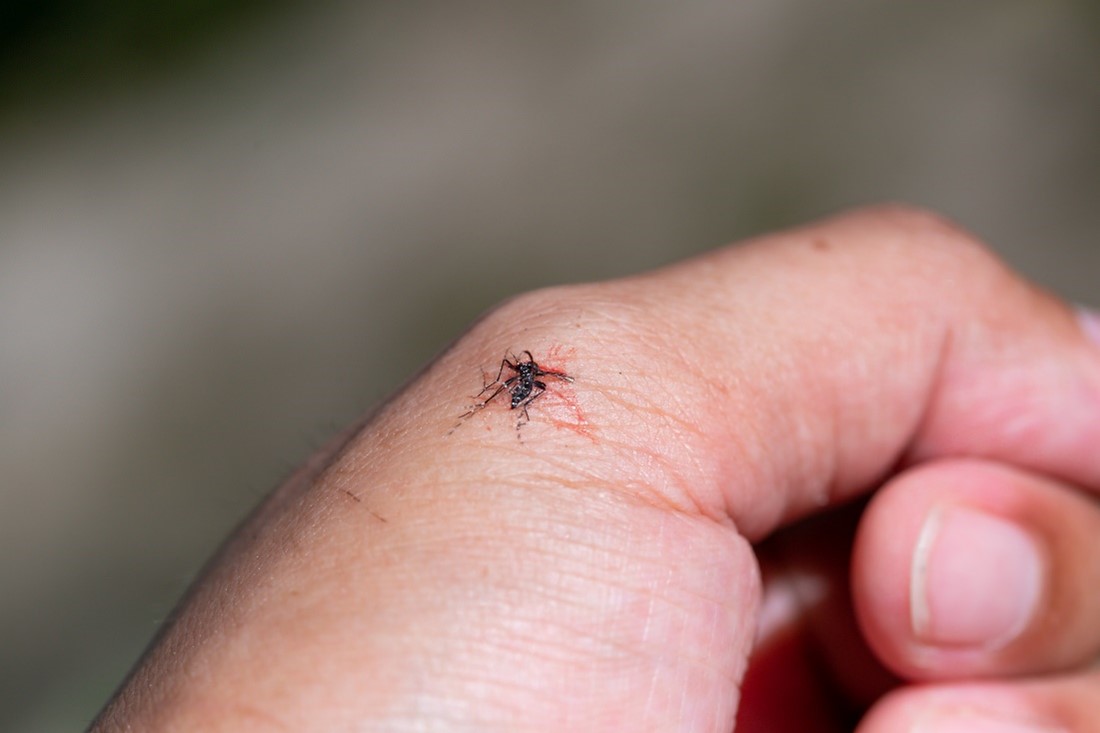Dengue fever is an illness transmitted by mosquitoes, stemming from one of four dengue virus strains (DENV), commonly found in tropical and subtropical areas.
While not contagious from person to person, it can be transmitted from a pregnant person to their child.
Initial symptoms are generally mild, but subsequent infections by different strains can lead to severe complications.
Symptoms and Progression
Most people infected with dengue do not exhibit symptoms.
For those who do, common signs include
- High fever
- Severe eye pain
- Rash
- Muscle and joint pain
- Nausea
- Vomiting
Symptoms appear 4-10 days after a mosquito bite and can last up to a week.
About 5% of those infected with dengue may experience severe symptoms, including internal bleeding and organ damage, which can be life-threatening.
Causes and Transmission
The disease spreads via the bite of an Aedes mosquito carrying the infection.
Once bitten, the virus enters the bloodstream, replicating and potentially leading to severe immune reactions.
The virus can also impact blood clotting and vessel integrity, enhancing the risk of severe dengue symptoms following subsequent infections due to a phenomenon known as antibody-dependent enhancement.
Diagnosis and Treatment
Dengue is diagnosed via a blood test that identifies the virus or antibodies.
There isn't a specialized treatment for dengue; instead, care is centered on alleviating symptoms.
Patients are advised to stay hydrated, rest, and use pain relievers while avoiding certain medications, which can worsen bleeding risks.
Prevention and Risk Management
To prevent dengue, it is essential to minimize mosquito bites.
This can be managed by applying insect repellents with DEET, picaridin, or oil of lemon eucalyptus, wearing clothes that cover the skin, and utilizing mosquito nets, particularly when sleeping or in areas with a high risk of mosquito exposure.
Regularly eliminating standing water in places like buckets, birdbaths, and plant saucers helps remove mosquito breeding sites.
The Dengvaxia™ vaccine is advised for those who have already contracted dengue, as it has been proven to lessen the severity of subsequent infections.
It's important to get a serological test to confirm past infection before receiving the vaccine because it could increase the risk of severe dengue in those who have never been infected.
In addition to personal precautions, community-wide efforts such as vector control programs that spray insecticides and promote the removal of trash and old tires can significantly reduce mosquito populations.
If you experience symptoms of dengue, especially after traveling to an endemic area, seek medical advice promptly to avoid complications.



